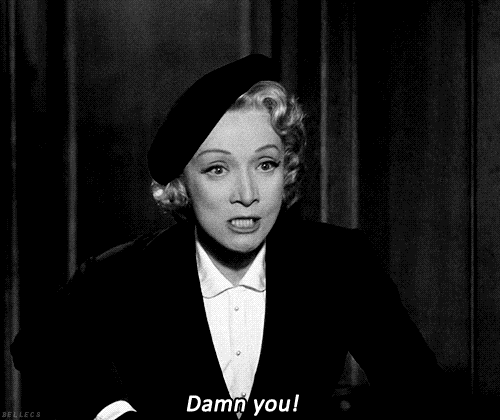I would venture to guess that every writer with dreams of publication also dreams about getting great reviews. When I was writing my first book, I would lie in bed before falling asleep and dare to imagine what kinds of words I would want to hear describing my book: luminous, lyrical, breathtaking, thought-provoking, life-changing... Yeah, you get the idea.
Shannon Hale's books get reviews that I can literally only dream about. Princess Academy is a Newberry Honor book in addition to winning heaps of other awards and inspired reviews with the phrases:
"...a precise lyricism to the language and a rhythm to the story that takes its tropes from many places, but its heart from ours...[A]n unalloyed joy." (Kirkus)Excuse me while I set my latest story on fire.
"Faceted and brilliant, PRINCESS ACADEMY is a jewel of a book." (bakka-phoenix science fiction bookstore)
"Hale weaves an intricate, multilayered story about families, relationships, education, and the place we call home." (School Library Journal)
But seriously, this is the kind of praise that makes me want to work ten times harder because in her own blog, Shannon Hale is so unbelievably gracious and humble about her success.
Having the read the reviews of Princess Academy before downloading it on my Kindle, I had high expectations...perhaps overly high. The title conjures images of sumptuous dresses, elaborate palaces, and glittering crowns. I was ready to be hypnotized by lyrical loveliness, lush descriptions, and matchless poetic prowess. In short, I was expecting the YA novel equivalent of Avatar's visual effects. But that would have been the opposite of what PA actually is.
 The world created by Hale's descriptive language was quiet and at times, harsh. There were no glittering crowns and only one sumptuous dress. The immediate settings consist only of Miri's village in Mount Eskel, the academy set up at the base of the mountain in a derelict building, and the road in between. The isolated setting echoes the isolation Miri feels as an outcast from her society's main activity: working in the quarry.
The world created by Hale's descriptive language was quiet and at times, harsh. There were no glittering crowns and only one sumptuous dress. The immediate settings consist only of Miri's village in Mount Eskel, the academy set up at the base of the mountain in a derelict building, and the road in between. The isolated setting echoes the isolation Miri feels as an outcast from her society's main activity: working in the quarry.Miri is too small and weak to work in the quarry with her father and sister, and she's whiny about it at first. For this reason, I hate book covers that depict the main character. The cover that came with my Kindle version shows this rosy-cheeked girl on the left. She looks plenty strong enough to work in the quarry. Get with it, girl!
As it turns out, like most things in this book, the reason why Miri isn't allowed to work in the quarry is not what it first appears. Neither is the princess academy, the long-awaited prince, or the new girl in town.
I enjoyed reading Princess Academy, but more than my own experience, I was curious to see how other readers reacted to this unusual book. Clearly, it garnered some awards and great reviews from professionals...but did the people agree?
Overall, most readers seemed to enjoy it, but it was a polarizing book. The things that some readers liked most, others disliked intensely. For some, the plot was full of twists and turns, while others found it predictable. Some found Miri to be a likeable character and praised her emotional growth, while others thought she was catty and lacked depth. Writing Lesson: You can't please everyone, even if you're Shannon Hale.
And then there was Amma, who seemed to have a strange grip on reality:
This is the greatest book I've ever ever ever ever read. It takes place a longggg time ago in Scandanavia and it is so like real life it's scary. It very interseting, a book you can't put down.
Mmmmmk. Are you able to magically communicate through stones, Amma? You might need to get that checked out.
But Shannon Hale's writing was one thing everyone could agree was exceptional. Her use of figurative language, fully imagined setting, world-building through songs and customs, and connection to fairytales all contributed to giving the book the "lyrical quality" that she is known for. Writing Lesson: Readers will notice and appreciate when you maintain consistency with setting, style, and language.
After finishing this book and having some time to think about it, my writerly feelings are still conflicted. I wanted to be able to pick the book apart, find its core programming, and then install it into myself. But that's not the way writing works. Like Miri, I have to embrace my own strengths because I can improve, but I can't become someone else. Damn you and your life lessons, Shannon Hale! I was happy wallowing in my jealousy before you came along.

In Summation
Did I like it? YesWould I recommend it? If you are prepared to embrace the experience, yes
Did it make me jealous? Sooooo jealous





+An+eight-year-old+boy,+possibly+of+the+Blauhulck+family,+with+his+horse+&+dog.jpg)














